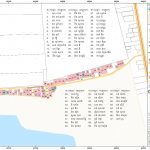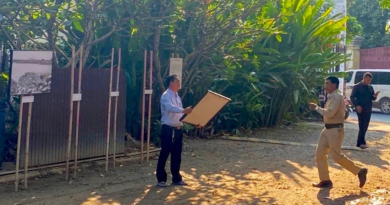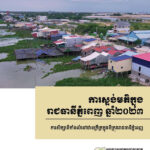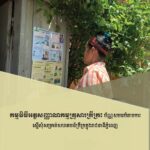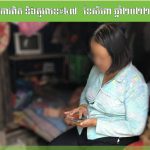- STATEMENT: Cambodian Government Must Act to End Human Rights Abuses in Microfinance Sector
- Cambodian Government Must End Human Rights Abuses in Microfinance Sector
- Internship Opportunity: Media Project Intern (1 position) and Land and Housing Rights Project Intern (1 Position)
- Community youth leadership program under campaign ‘’Youth for Sustainable Environment”
- Internship Opportunity: Media Project Intern (1 position) ,Community Empowerment & Networking Project Intern (1 position) and Land and Housing Rights Project Intern (1 position).
STATEMENT: Cambodian Government Must Act to End Human Rights Abuses in Microfinance Sector
7 May 2024 The Cambodian government must urgently act to address predatory lending and abusive collection practices in the country’s
Cambodian Government Must End Human Rights Abuses in Microfinance Sector
As Cambodia’s human rights record is reviewed at the Human Rights Council on 8 May 2024, we urge UN Member
Community youth leadership program under campaign ‘’Youth for Sustainable Environment”
Sahmakum Teang Tnaut Organization conducted the community youth leadership program under the campaign ‘’Youth for Sustainable Environment” which was held
Consultant to Conduct Research on “The Re-classification of Public State Land” Terms of Reference (TOR)
1. Introduction and Background Sahmakum Teang Tnaut Organization (STT) is located in Phnom Penh. STT was founded in 2005 and
Urban Poor Photo Exhibition in 2024 On Housing and Life
Sahmakum Teang Tnaut (STT) is located in Phnom Penh. STT was founded in 2005 and officially registered in 2006 as
Joint Statement Re-Open STT’s Photo Exhibition and Hold Authorities to Account
12 March 2024 We, the undersigned, are disappointed by the actions of the Sangkat Nirouth Police Station in Khan Chbar
Debate competition under the theme “Sustainable development should be centered around the environment and vulnerable individuals”.
27th February 2024, Phnom Penh. Congratulations to the opposing team for winning the first prize in the debate competition on
Eviction, Compensation, and Debt Report 2023
This report collectively highlights the critical situation of forced evictions in Cambodia, revealing a gross disregard for international human rights





